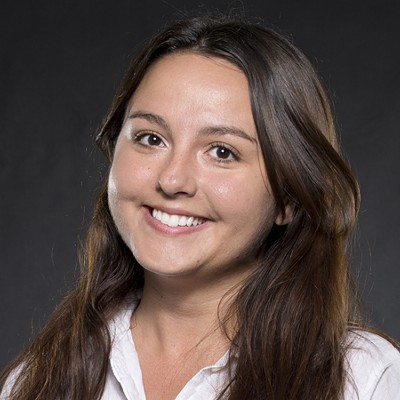In the 1970s,
Fishman's patent has expired, and the drug is now available as a generic and is more commonly known by the brand-name version Narcan. When Fishman passed away in 2013, the New York Times heralded Fishman for “saving countless people from fatal overdoses.”
But he couldn't save his stepson, Jonathan.
Now for the first time, Fishman's widow, Joy Fishman, is publicly revealing that the doctor's own stepson died from a heroin overdose. The addiction haunted his stepfather and today motivates Joy to fight for legalization of a needle exchange in Florida.
Jack moved to Miami and became president of Ivax, a pharmaceutical company. Jonathan Fishman, who was born years after his stepfather developed
Fishman says her son had been clean for a few years and then relapsed. His body wasn't used to his old dose. His dealers took him to the hospital but wouldn't bring him inside because they were scared of
“It's an ironic tragedy that my son died of an overdose and the medicine that my husband created would've saved him,” Fishman says. “My husband was depressed afterward. Jonathan's death made him feel so incompetent.”
“There's still a lot of work to be done in Florida,” Fishman says. “But we're doing it.”
Fishman, now in her 60s, splits her time between New York and South Florida. She is a vocal harm-reduction advocate and believes a needle exchange would drastically halt the spread of infections, route drug users into rehab, and save taxpayers millions of dollars.
Fishman says that if the bill passes, she will help equip the program with Narcan. “I would absolutely insist upon it,” Fishman says.
Critics say that giving away needles enables and encourages drug use. But drug use is already rampant. The Centers for Disease Control and Prevention found that heroin use increased significantly across all demographics after Florida's pill mills shuttered in 2011. According to the National Institute on Drug Abuse, there were 15 heroin-related deaths in Miami in 2011. By 2014, that number had soared to 60. There are an estimated 10,500 intravenous drug users in Miami-Dade.
Even more startling is that these users are at high risk of contracting HIV; it's estimated that one-third of all HIV cases
For the past three legislative sessions, medical professionals including Dr. Hansel Tookes, a resident specializing in infectious diseases, have been working with state legislators to try to pass a bill that would establish a needle-exchange program. Earlier versions of the bill specified that it would have been run through Florida's Department of Health, but the current bill would establish the program instead through University of Miami's Miller School of Medicine, adjacent to Jackson Hospital. It would be privately funded. There are 194 programs in the country, but this would create the first one in Florida.
“I am so thankful for Ms. Fishman's courage to share the story of the tragic loss of her son to
“I know Ms. Fishman is very active on a lot of issues involving harm reduction,” says Bill Piper, national affairs director for the Drug Policy Alliance. “She feels
Currently, Florida law permits medical professions to prescribe
In the meantime, Fishman carries Narcan in her purse. “It's on me at all times,” Fishman says. “If I see someone overdosing, I can run over and boom, save a life.”











